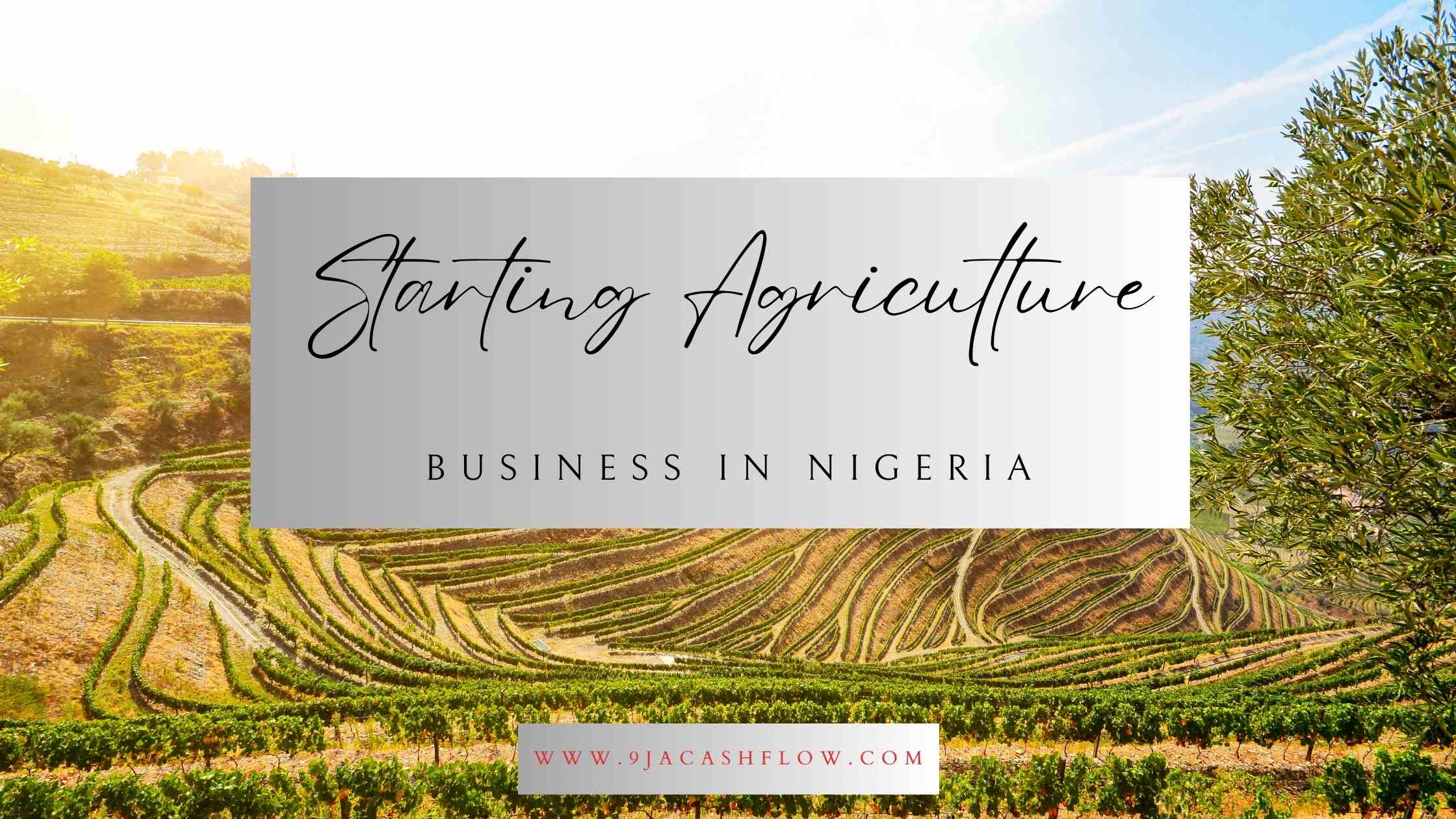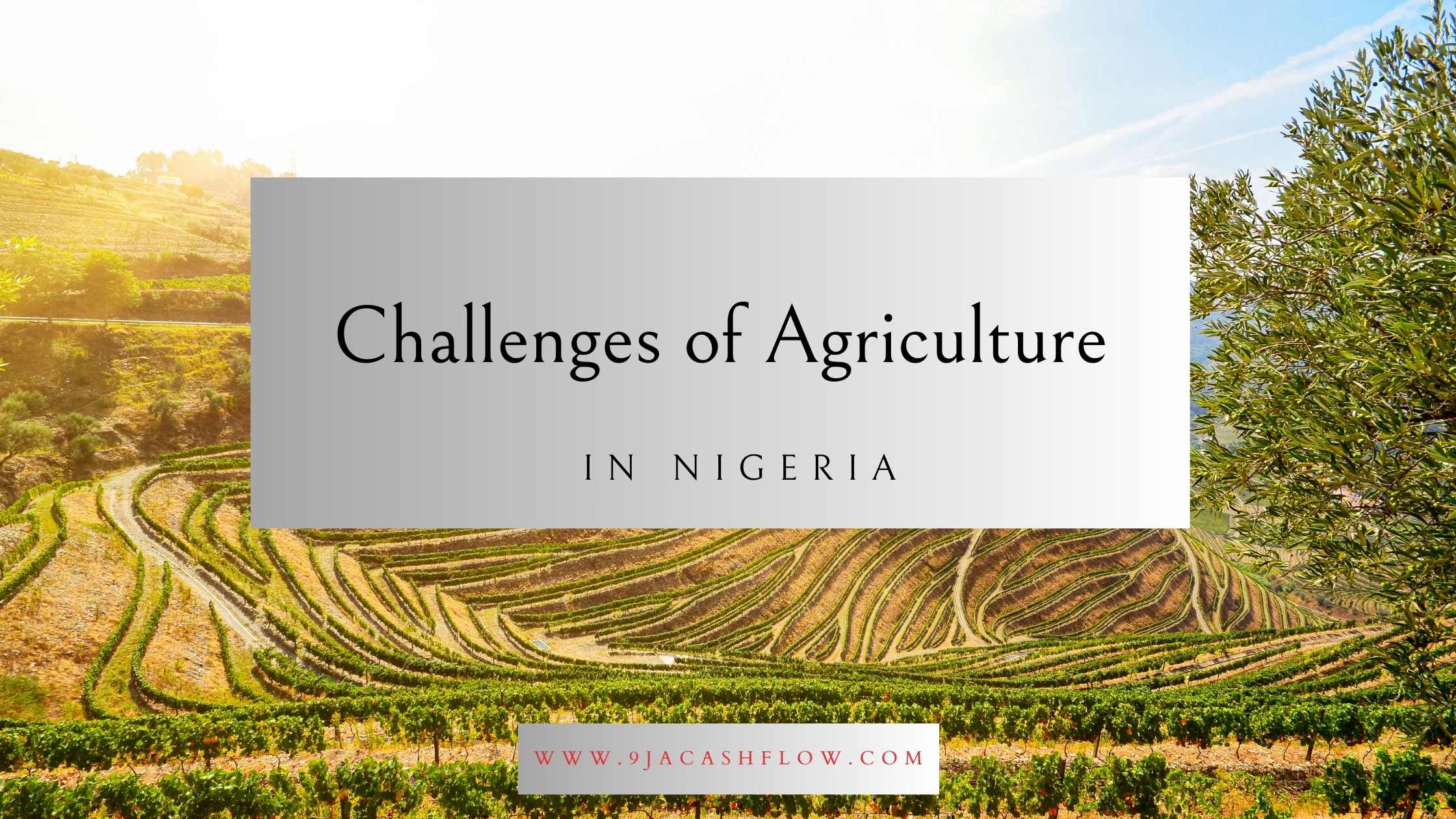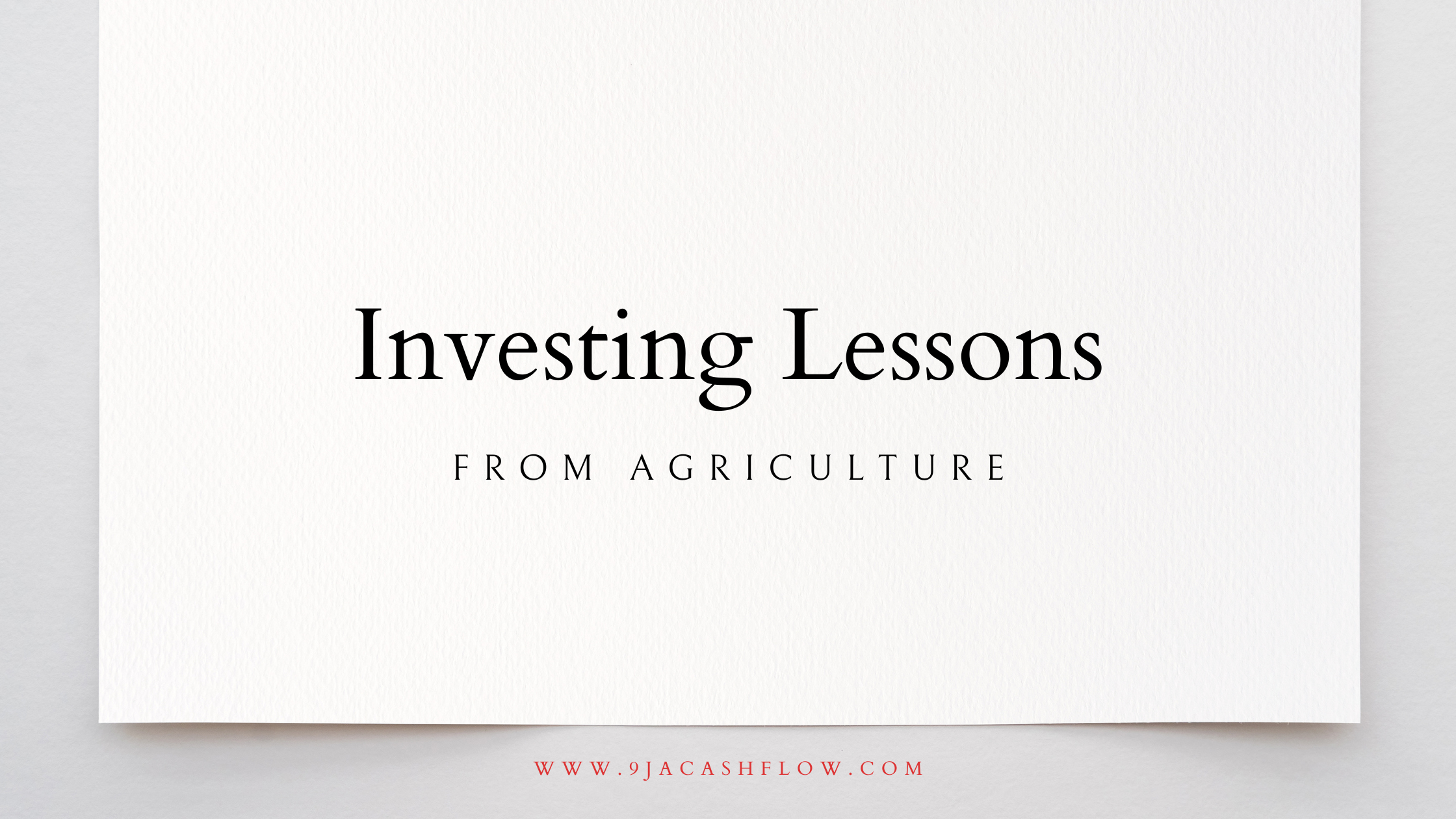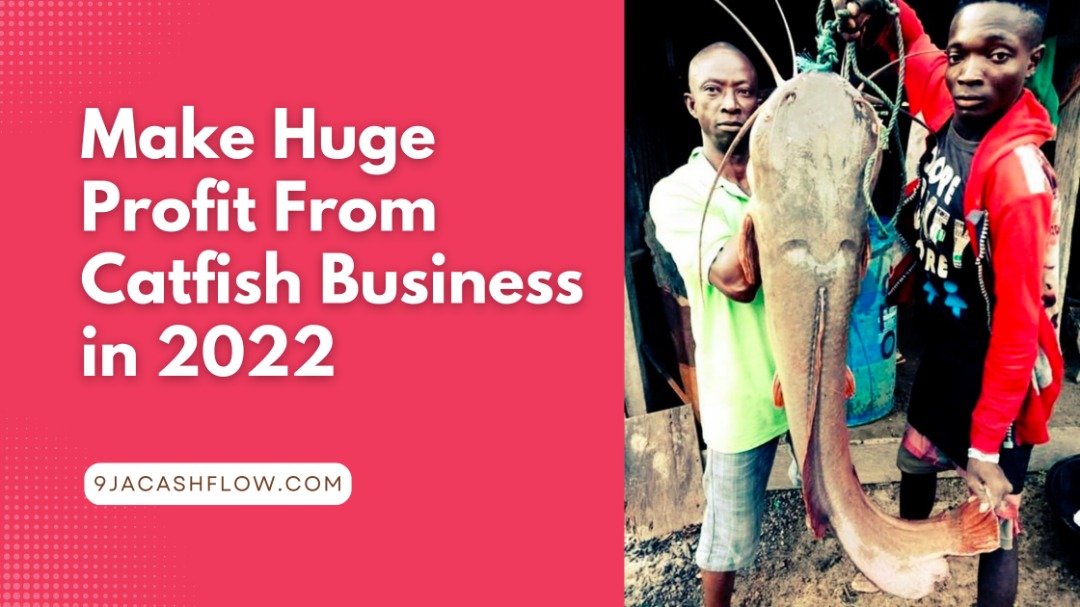Hey there, fellow trillionaires!
It’s a pleasure to be sharing my journey into the realm of investing in farming and agriculture in Nigeria.
Today, on this fine Friday morning(1:51 AM), the 25th of August 2023, I’m excited to unravel the highs and lows, the triumphs and challenges that have shaped my path in this farming sector. So, let’s dive right in!
Farming in Nigeria: Three Ways to Go About It
When it comes to diving into the agriculture sector in Nigeria, you can pretty much break it down into three avenues. The first, and perhaps the most familiar, involves rolling up your sleeves and taking on the role of a farmer. It’s all about managing a farm, producing livestock or crops, and ultimately reaping the benefits of your hard work.
The second avenue, fueled by the digital age, allows you to invest in agriculture without necessarily donning overalls. Thanks to the internet, platforms have emerged that let you invest without physically tending to the fields yourself. It’s a kind of ‘hands-off’ approach where you’re putting your money to work for you.
Lastly, there’s the route of being a middleman or woman in the agricultural market. Picture yourself as the vital link connecting buyers with sellers, ensuring that the supply chain flows seamlessly. It’s a way to be part of the industry without necessarily engaging in the physical act of farming.
Method #1: The Ups and Downs of Direct Farming
My journey began with the ambition to create a thriving catfish business. I invested time, effort, and money into setting up a fish farm, but the reality didn’t quite match the dream. Despite my hard work and investments, the numbers just didn’t add up in my favor.
Selling at a profit proved to be a real challenge due to market dynamics and demand limitations. Many local buyers in the street don’t have the purchasing power to buy at a price that will be profitable.
And the off-takers that come to buy in large quantities employ all sorts of tricks to scam me – including black magic and changing agreed prices when they’re about to pay.
Later on, I ventured into the rearing of grasscutters (cane rats). My foray into grass cutter farming proved somewhat different. While it wasn’t without its setbacks, the unique nature of the business intrigued me.
Grass cutters didn’t demand extensive resources like electricity for water pumping, and they didn’t require as much space. Yet, the constant challenge of caring for the animals was a stark reminder that farming is never a straightforward path. Grasscutters eat a lot, and you need to visit the bush and local market regularly to get fresh grass, fruits, and vegetables for them.
Method #2: Exploring Online Agro-Investment Platforms
The allure of online agricultural investment platforms beckoned. In a digital age, it seemed like a convenient way to enter the industry. However, the landscape was fraught with cautionary tales.
Many platforms promised returns that seemed too good to be true, and for some, those promises crumbled. I narrowly avoided one(Eat Rich Global) such instance by a stroke of luck. I steered clear of investing and was fortunate not to face losses when the platform collapsed after 3 months.
But not all online experiences were sour grapes. My investment in Umera farm, specializing in cashew plantations proved fruitful. With returns slowly trickling in, I cautiously observed how this investment was taking shape. However, even here, risk remained a constant companion.
Method #3: The Middleman’s Approach
Out of all these avenues, I found myself gravitating toward the role of a middleman. It was a path that demanded less upfront capital and offered flexibility. Marketing agricultural products, connecting buyers and sellers, and pocketing a reasonable profit became my sweet spot. Online ads, WhatsApp, and a functional website helped me bridge the gap between supply and demand.
However, the middleman route isn’t without its hurdles. You need to hustle to build a network of reliable suppliers and buyers. But once that foundation is laid, the journey becomes more seamless.
Conclusion: Lessons Learned and Future Prospects
Investing in agriculture in Nigeria isn’t a one-size-fits-all endeavor. Direct farming demands hard work, a dose of luck, and an understanding of market dynamics. Online platforms come with both opportunities and risks, requiring thorough research. Being a middleman or woman provides a flexible entry point, especially for those starting with limited resources.
So, what’s my advice to you? If you’re considering this journey, think about your risk tolerance, the resources at your disposal, and the level of involvement you’re willing to commit to. As for me, I’m excited to continue my journey, always ready to adapt and learn from my experiences, both successes and setbacks.
Feel free to share your thoughts or questions in the comments below.
I’d love to hear what avenue resonates with you and which path you’re looking to tread in the world of agriculture in Nigeria.
Until next time, keep learning and growing!





